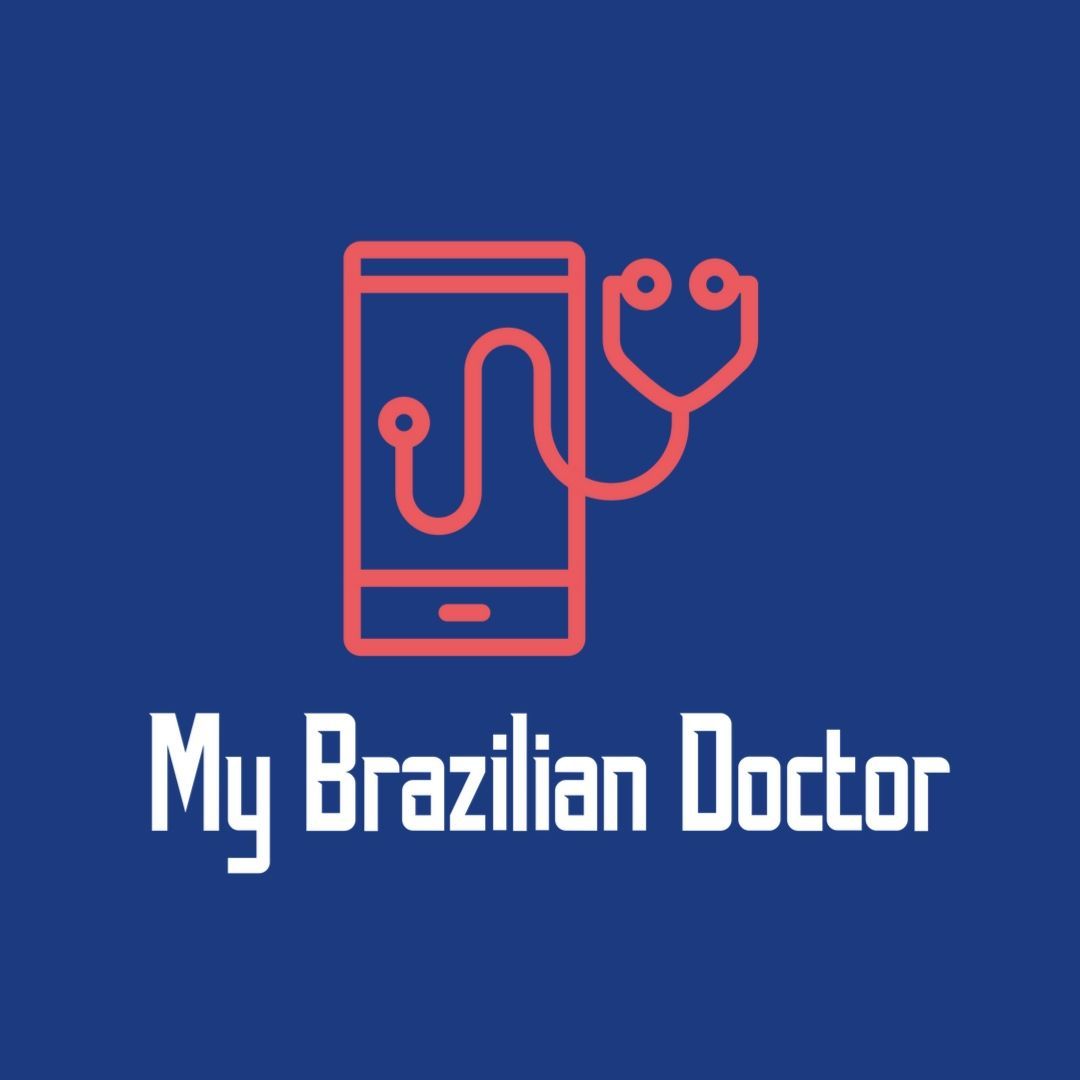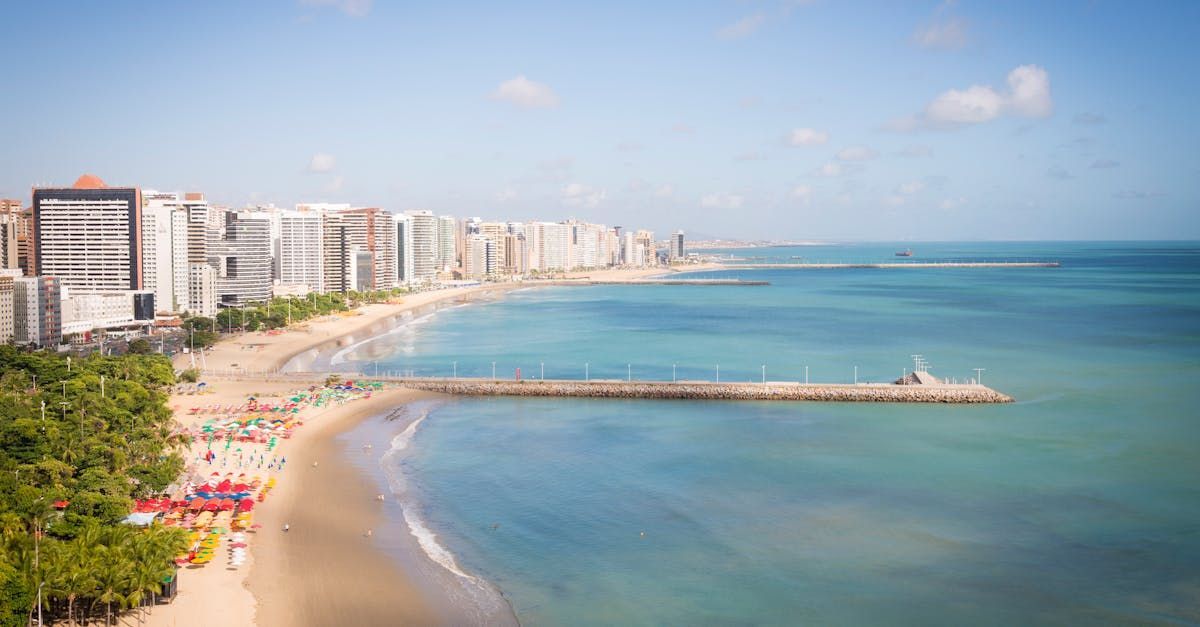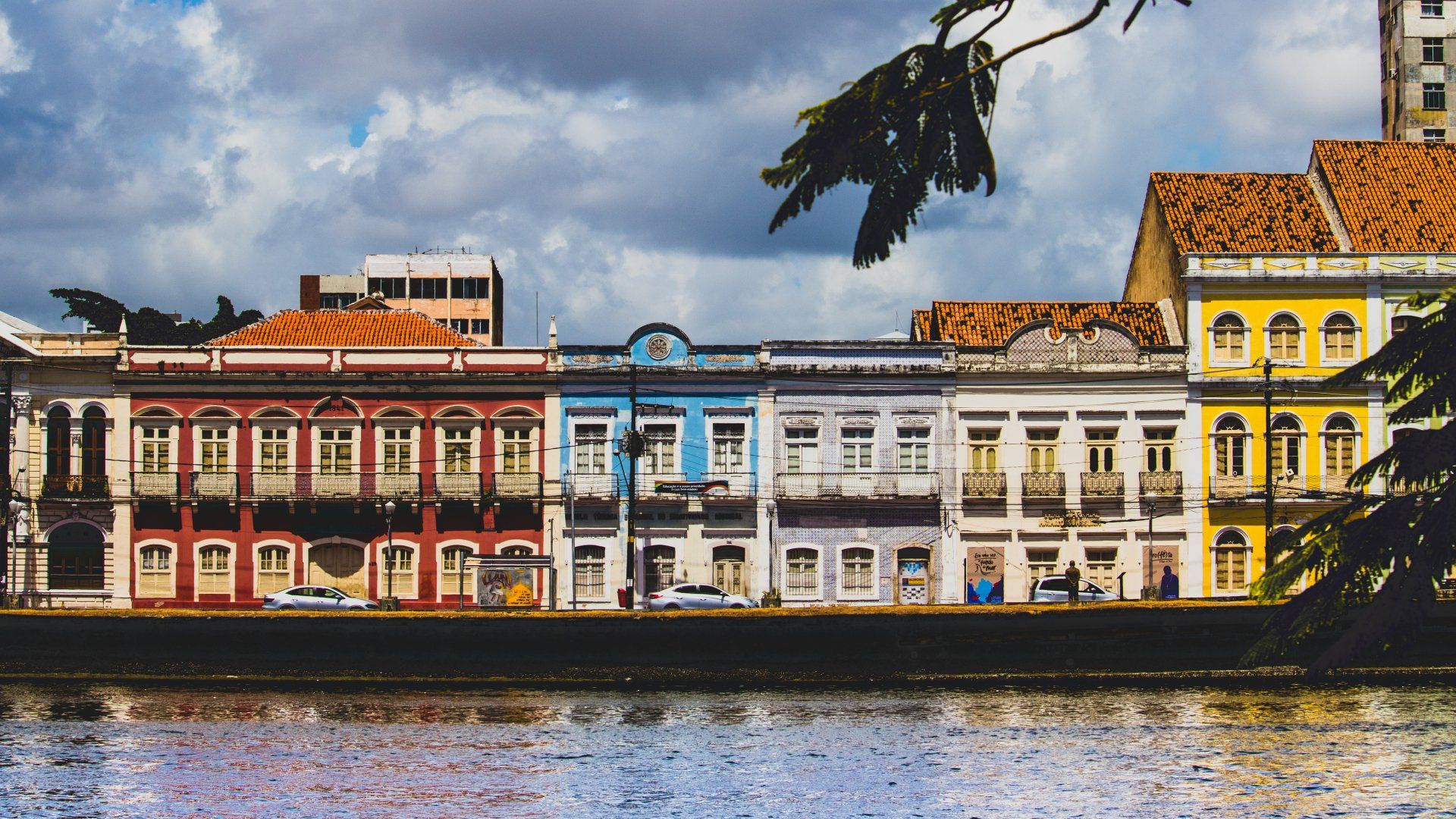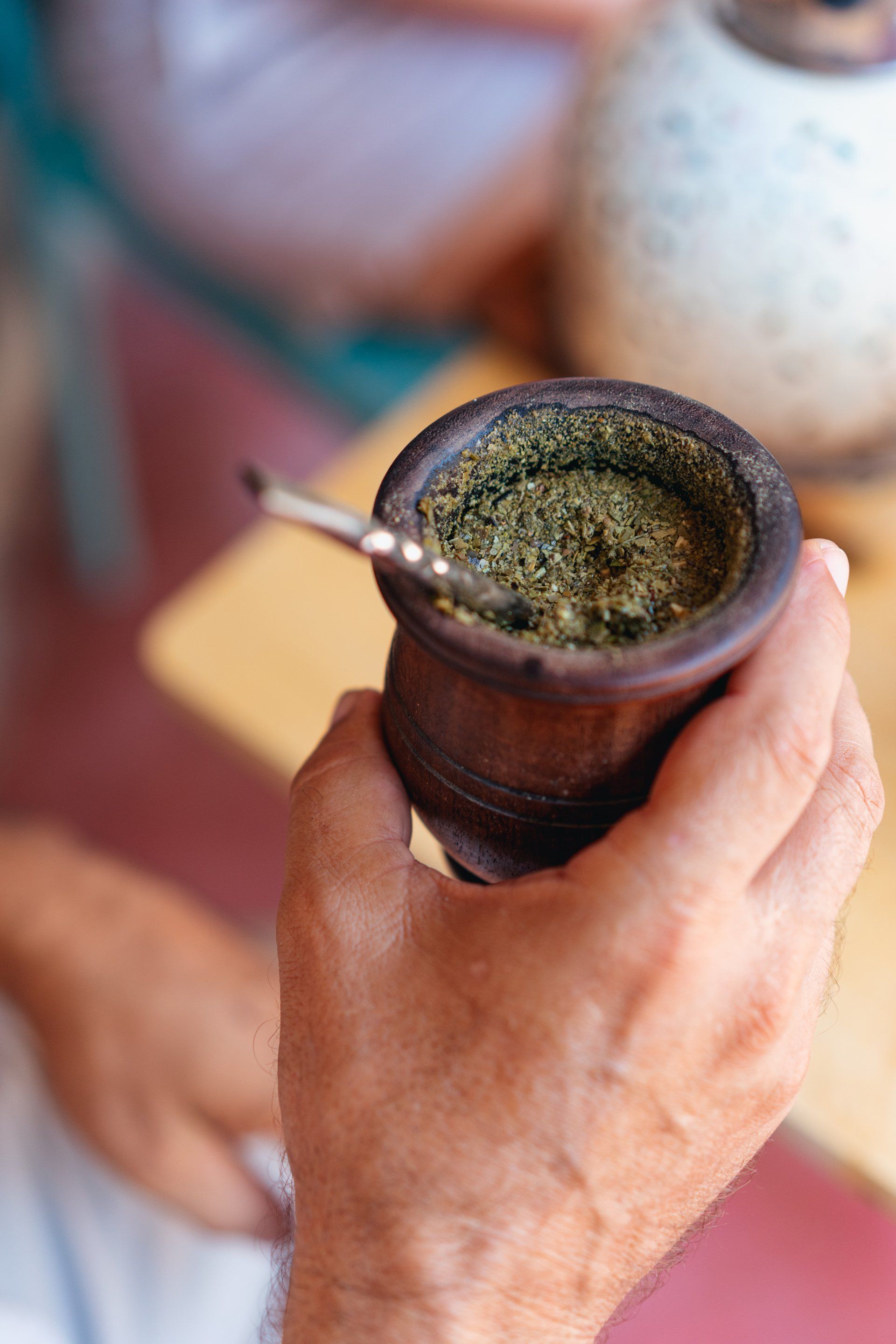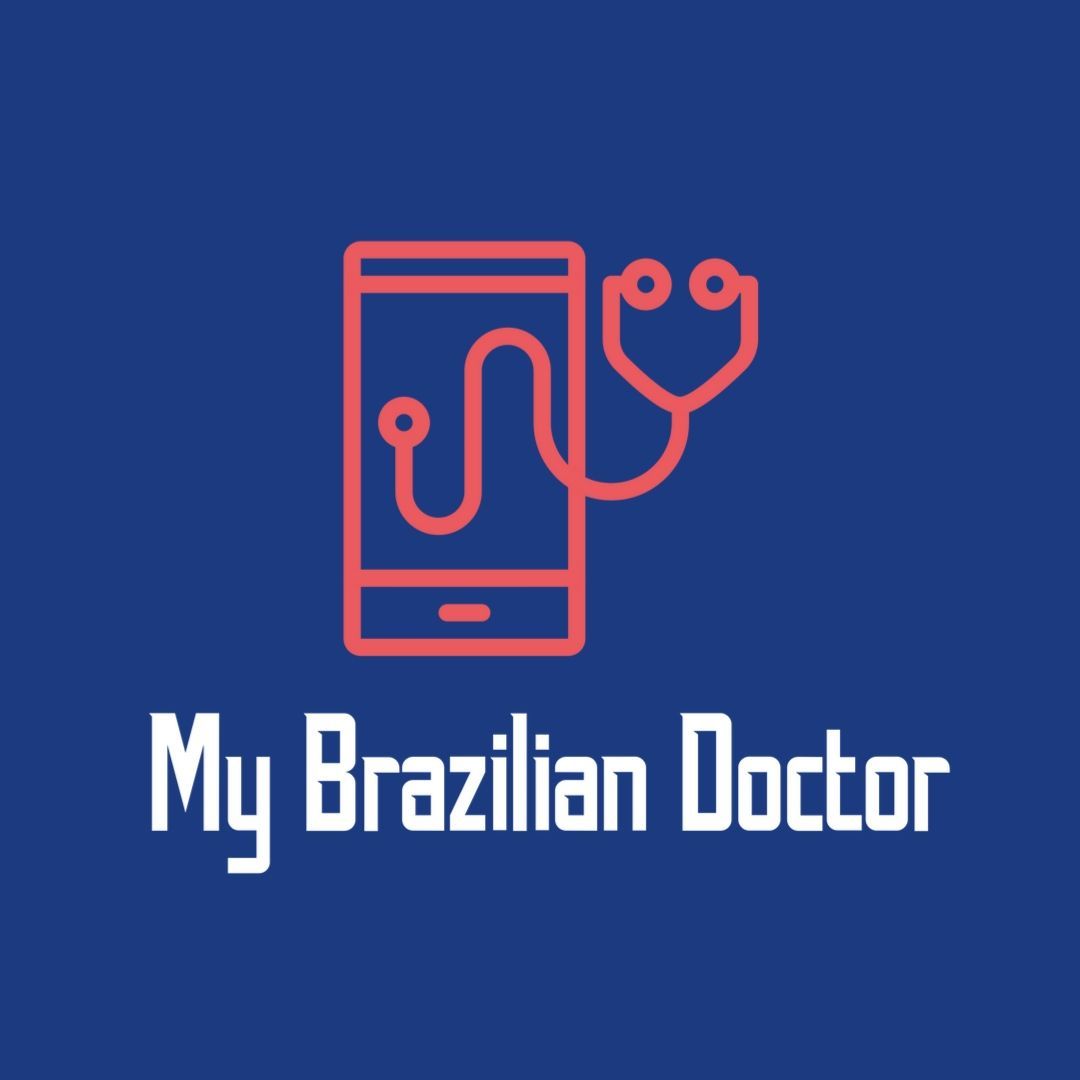Navigating Brazilian Hospitals: Unveiling the Pitfalls and Challenges for Visitors
Visiting or living in a foreign country can be an enriching experience, but facing medical issues abroad is invariably daunting. This guide, compiled from the experiences of visitors and expats along with insights from the inner workings of hospitals and A&E departments in Brazil, seeks to illuminate the various challenges one might encounter while seeking medical attention in this diverse nation. The goal is to help you make more informed decisions and, if possible, avoid unnecessary inconvenience and risk.
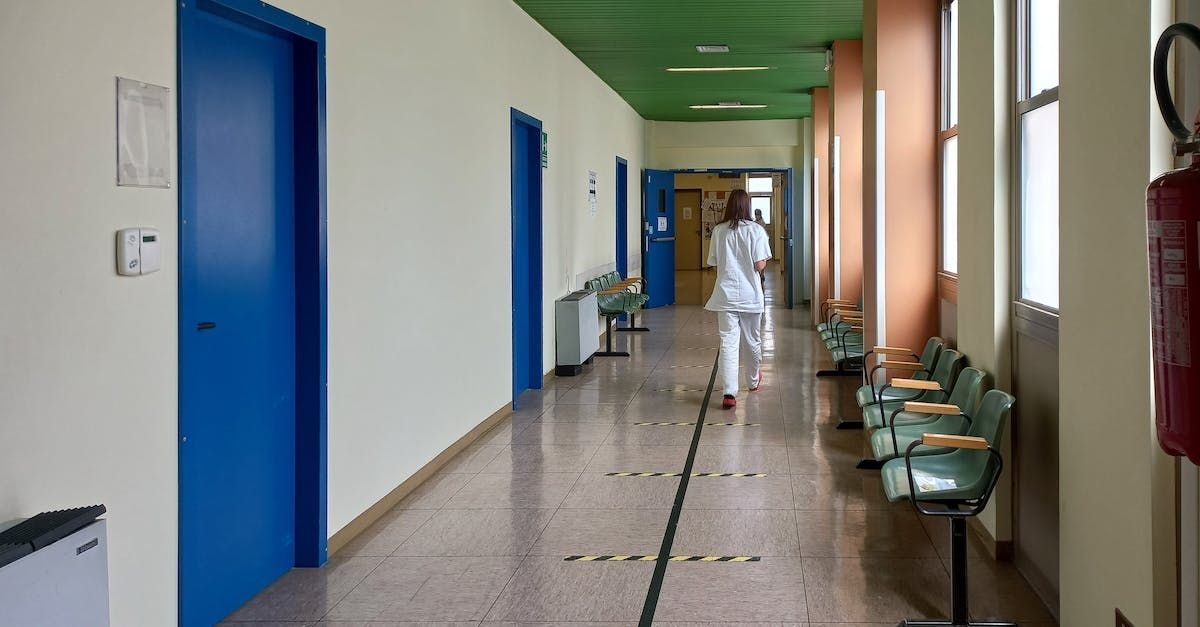
When faced with medical emergencies or the need for healthcare, foreigners in Brazil can find themselves navigating a complex and unfamiliar system. Differences in language, medical practice, and administrative processes, compounded by the stress of illness, can create a plethora of challenges. This guide provides insights into these challenges, aiming to aid foreigners in making informed and prudent healthcare decisions, reducing unnecessary stress, inconvenience, and expenditures.
Challenges and Pitfalls of an Hospital visit by a English speaking visitor:
1. Choosing the Right Hospital:
- Dilemmas start with selecting an appropriate hospital, a task complicated by variability in quality, specialization, availability of A&E, pricing, and distance.
- Lack of local knowledge about institution specialties and quality can lead to suboptimal choices. You can find some examples on an Hospital Guide for Visitors and Expats in Sao Paulo.
2. Commute to Hospital:
- Traveling to the selected hospital can be inconvenient and risky, especially if the location isn't tourist-friendly or is in an unsafe area.
3. Initial Steps and Language Barriers:
- Initial interactions with administrative staff, nurses, security, and receptionists, typically not fluent in English, can create communication difficulties and misunderstandings.
4. Payment and Registration:
- Advance payment is mandatory, often after a lengthy registration process, possibly requiring a Brazilian ID (CPF), causing delays.
- Some hospitals charge a package fee covering potential labs and medications, leading to overpayment for unutilized services. Usually even i you have internacional health insurance you will need to pay and then ask for reimbursement;
5. Waiting Times:
- Prolonged waits are common even in private hospitals before consultation with a doctor.
6. Communication with Doctors:
- Effective communication on a medical consultation is essencial, however, it is often hindered in Hospital consultations, as many doctors, despite being able to read English-language medical literature, struggle with conversational English.
7. Excessive Testing:
- Language barriers may result in additional, sometimes unnecessary, tests to compensate for lack of clear communication, involving further inconvenience and fees.
8. Results Waiting and Re-Evaluation:
- After undergoing tests, waiting for results and re-evaluation by possibly a different doctor reintroduces the communication challenge, often leading to repetition of information and concerns.
9. Risk of Contamination:
- Circulation within the hospital exposes individuals to a heightened risk of viral infections due to the concentration of infected patients.
Navigating healthcare in Brazil can be fraught with difficulties, from choosing the right hospital to navigating language barriers and administrative hurdles. While hospitals are crucial when specialized interventions are needed, for less severe cases, exploring other medical assistance options like teleconsultation can be more convenient, cost-effective, and safe for a wide range of health issues. My Brazilian Doctor offers such alternatives, minimizing the inconveniences and challenges listed above, and ensuring you receive the care you need, when you need it.
Technical Director: Dr Fabio L Vieira



